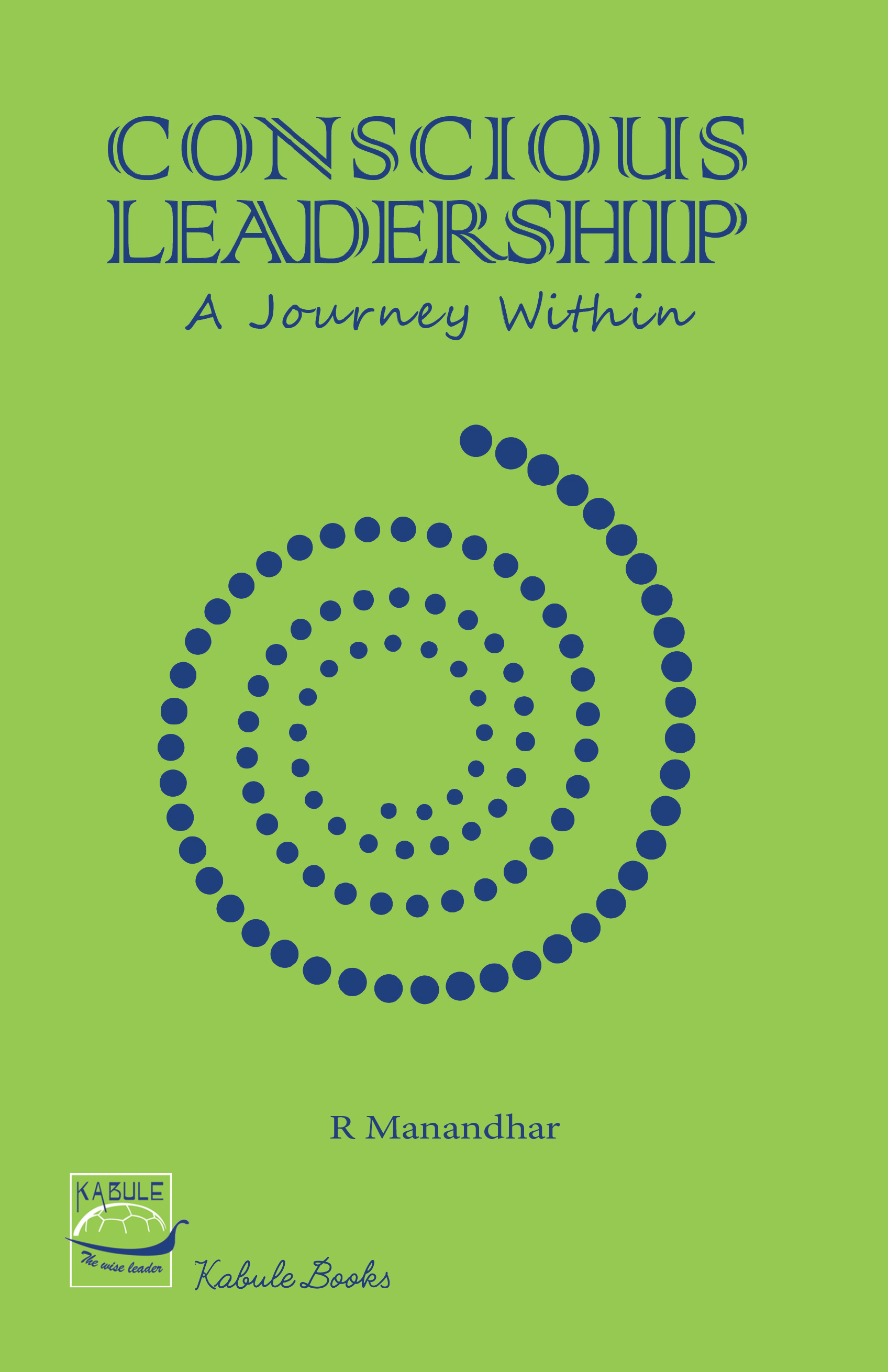Browse By Category
Contact
R. Manandhar
Trainer/Consultant
Email : kabuleader@gmail.com
Phone: +977 981 346 1049;
Phone, Viber, Wapp: +977 984 133 9585
(If call not picked up, please leave a message. We will call back.)





Customer feedback
The first time I think I knew myself. I found that I have a quality of leadership within me. I only need to initiate it, flow with it.
[Read More]
Kabule Activities
Experiencing the whole
May 21, 2025
Many of us do not like our jobs. Some may like their jobs, but there are parts that they hate — people, certain tasks or particular aspects. If so, we need to give that a serious thought because we spend the most vital period of our life in our jobs. As James Autry says, “Work can provide the opportunity for spiritual and personal, as well as financial growth. If it doesn’t, we’re wasting far too much of our lives on it.”
If we take a broader view, likes and dislikes apply not only to jobs but all spheres of life — family, friends and society. We have love and hate relationships. At its core, this conflicting relation exists with ‘self’ too. We love ourselves the most and yet we engage in so much of self-criticism.
We can understand the inner and outer conflict through Gestalt psychology. According to Gestalt, each individual is a never-ending sequence of polarities. We like strengths in us and dislike weaknesses. We like to feel happy and do not like to feel sad. Sometimes we are fearful and other times courageous. Sometimes we are sure and sometimes not. Sometimes we are sane and other times crazy. The opposite is present inside us and also outside in the relationships with people and environment.
Gestalt implies wholeness. It is a German word for ‘complete pattern’ or ‘unified whole’. In existence, everything comes in a package. As life begins, pleasure and pain too begin as integral parts. The same applies when we begin a relationship or a job. What we perceive as opposites are in fact inseparable polarities. Whether we like or dislike, they are there undivided. The Chinese yin-yang symbolises this reality perfectly. Fritz Perls, the founder of Gestalt therapy, writes, “We begin to live for fun, enjoyment, for being turned on.” He continues, “It is, however, a serious setback. Namely, that we have become phobic towards pain and suffering. Anything that is not fun or pleasant is to be avoided. So we run away from any frustration that might be painful and try to shortcut it. And the result is lack of growth. I’m talking about facing honestly unpleasant situations.”
When we accept and own impartially the parts we like and dislike in us, we become a whole person. That leads us to emotional wellbeing and we become more beautiful. Then we can also accept and love the people we live and work with. In the same way, when we see our job in the reality of its wholeness, we can befriend the disliked parts as well. It may even be that if we first deal with people and tasks in office that we dislike, we become more effective and enjoy the job.

 Free download a book on Leadership
by Kabule publication
Free download a book on Leadership
by Kabule publication





